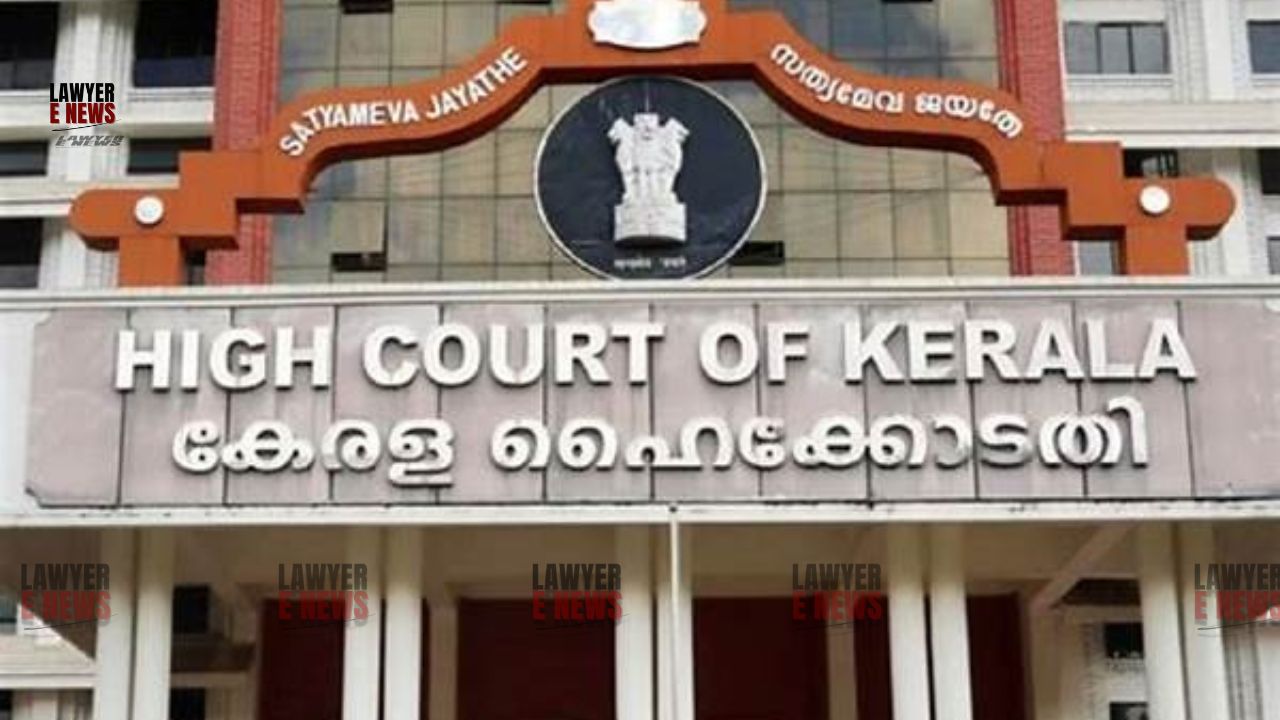-
by Admin
15 February 2026 5:35 AM



Kerala High Court dismissed the petition filed by the accused seeking to quash the FIR and final report under Sections 324, 294(b), and 506(i) of the Indian Penal Code (IPC). The Court held that the facts of the case warranted trial and refused to quash the proceedings.
The Court ruled that the use of a stone to cause hurt could potentially attract charges under Section 324 IPC (Voluntarily causing hurt by dangerous weapons or means). It observed that the determination of whether a stone constitutes a "dangerous weapon" depends on its size, sharpness, and the manner in which it is used. The decision emphasized that such matters are factual determinations to be made during the trial.
The petitioner, Vinil, had been accused of using obscene language and throwing a stone at the second respondent, Chithra, during an altercation about a boundary dispute. The stone allegedly caused an abrasion on the complainant's hand, and the petitioner also allegedly threatened to kill her. Based on these facts, the FIR was registered under Sections 324, 294(b), and 506(i) of IPC.
The petitioner sought to quash the FIR and the final report on the basis of Section 482 of the Code of Criminal Procedure (CrPC), which provides inherent powers to the High Court to prevent abuse of process or to secure the ends of justice. The petitioner argued that in a counter-case arising from the same incident (C.C. No. 2879/2016), the charges under Sections 324, 294(b), and 506(i) IPC were quashed by the Court, and the accused in that case was only made to face trial for the lesser offence under Section 323 IPC (Voluntarily causing hurt).
The main question before the Court was whether the petitioner could claim parity with the co-accused in the counter-case and seek quashing of the more serious charges under Section 324 IPC. The petitioner contended that since the facts of both cases were similar, he should be treated the same way as the co-accused, and only Section 323 IPC should apply.
The Public Prosecutor, however, opposed the quashing of charges, arguing that the allegations of using abusive language, hurling a stone, and issuing death threats were sufficient to justify the charges under Sections 324, 294(b), and 506(i) IPC.
Principles of Parity in Criminal Trials: The Court rejected the petitioner's argument of parity, stating that each case must be assessed on its own facts. Merely because the charges were reduced in the counter-case does not automatically entitle the petitioner to the same relief. The Court noted that the facts and circumstances of each case must be scrutinized individually, and a decision in one case does not bind another case arising from the same incident.
Application of Section 324 IPC: Referring to several precedents, including Mathai v. State of Kerala (2005) and Nanda Gopalan v. State of Kerala (2015), the Court reiterated that the use of a stone could potentially amount to an offence under Section 324 IPC if the stone is used in a manner that makes it likely to cause death. The Court emphasized that this determination depends on factors such as the size, sharpness, and the manner of use of the stone. Thus, whether a stone constitutes a dangerous weapon is a factual question that can only be resolved during trial.
No Prima Facie Grounds for Quashing: The Court found that the charges against the petitioner were prima facie made out, and the petitioner's reliance on the order in the counter-case did not warrant quashing the charges in the current case. The allegations against the petitioner involved use of abusive language, physical assault, and criminal intimidation, which merited further investigation and trial.
The High Court dismissed the petition, ruling that there was no justification to quash the proceedings at this stage. The Court lifted the interim stay and directed the trial to proceed on all the charges. The petitioner is now required to face trial for the offences under Sections 324, 294(b), and 506(i) IPC.
Date of Decision: 15th October 2024
Vinil vs. State of Kerala & Chithra
